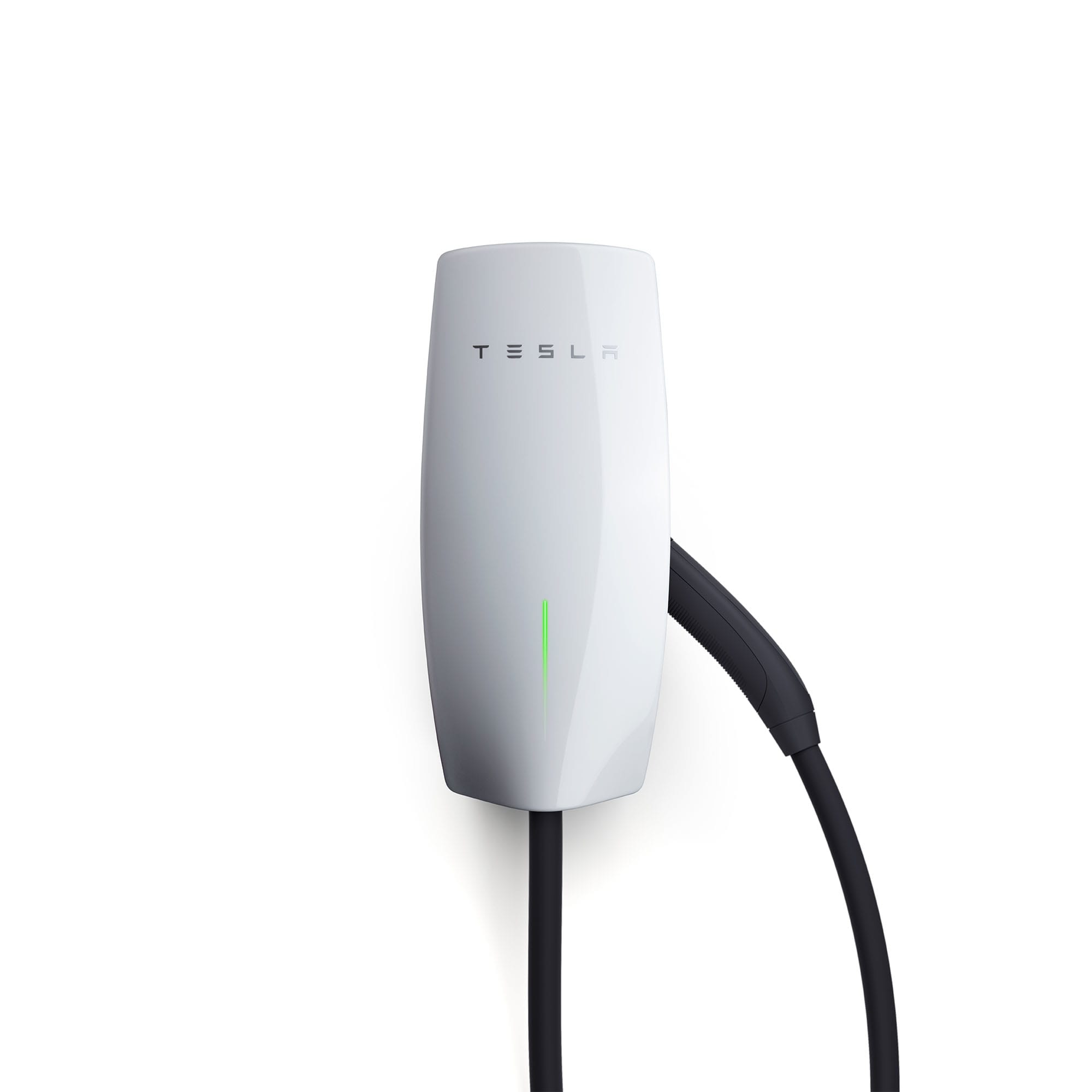I'm in the game now and ordered my Tesla Y performance that has a 2/08 to 2/13 estimated time of delivery.
Which home charger should I order, and better yet, where do I go that has the best price. And in addition, what kind of socket do I tell the electrician to install?
Do you have a garage or carport?
Tesla maintains a list of licensed electricians who can install an EV charging circuit or you can reach out to TMC for recommendations of electricians in your area.
In general when installing a Level 2 (240V) charging circuit you will want it to be hard wired (no plug.) Tesla sells the Wall Connector for this application (currently $425). You may be eligible for a rebate from your local electric utility or KY, start there to determine if there are any available programs that you can use.
You can also charge at home or away when visiting friends/family or when camping if you purchase the Tesla Mobile Connector ($230). The Mobile Connector used to be included with every new Tesla vehicle but now must be purchased separately. If you will be taking those road trips or camping you may want to purchase the Mobile Connector for those times. You can use the Mobile Connector with a standard 120V receptacle; this enables charging the Tesla vehicle at up to ~4 miles of range added per hour while charging; slow but it may be enough especially if you can charge at work or if your daily driving is ~30 miles per day. You can also use the Mobile Connector with a wide range of 120V and 240V receptacles when the Mobile Connector is fitted with the correct power plug adapter. The maximum charging amperage when using the Tesla Mobile Connector and a 240V plug adapter is 32 amps (slower, lower amperage than the maximum of 48 amps when using the Wall Connector and a 240V/60 amp charging circuit.)
Many Tesla Owners use the Mobile Connector for charging at home. The Mobile Connector scenario for home charging is not as economical as it once was as the Mobile Connector ($230) no long comes with the Tesla vehicle. New installations of EV charging receptacles now require GFCI protection. For a 240V/50A receptacle such as the popular 14-50 receptacle the only GFCI option is to install a GFCI circuit breaker for ~$100. (When you total the cost of all of the parts needed to install a new EV charging circuit, a receptacle with GFCI protection and the Mobile Connector the cost is the approximately same as installing the Wall Connector ($425), the Wall Connector enables faster charging.)
For more daily driving or on the weekend when additional driving range may be desired your home charging would be faster with a 240V charging circuit using the Wall Connector (is fully weather rated, has a longer 24 ft charging cord, has other features beyond what the Mobile Connector provides.)
Every Tesla vehicle comes with a Tesla J1772 charging adapter. This adapter enables you to charge at work, while shopping or dining or anyplace there is a public Level 2 charging station. Additional J1772 adapters are available from Tesla for $50.
For the fastest charging when on a road trip you can plug in and use the Tesla Supercharger network (no adapter required.) Once your credit card or debit card is linked to your Tesla account you can use the Supercharger network without having to use a card to charge.
Another fast charging option is to purchase the Tesla CCS adapter ($250) that enables you to charge at DC Fast Charge stations such as Electrify America, EVgo, Chargepoint, Blink and other non-Tesla Fast Charge networks. (You may need to create an account and use a credit card or debit card when charging using one of these charging networks.)



